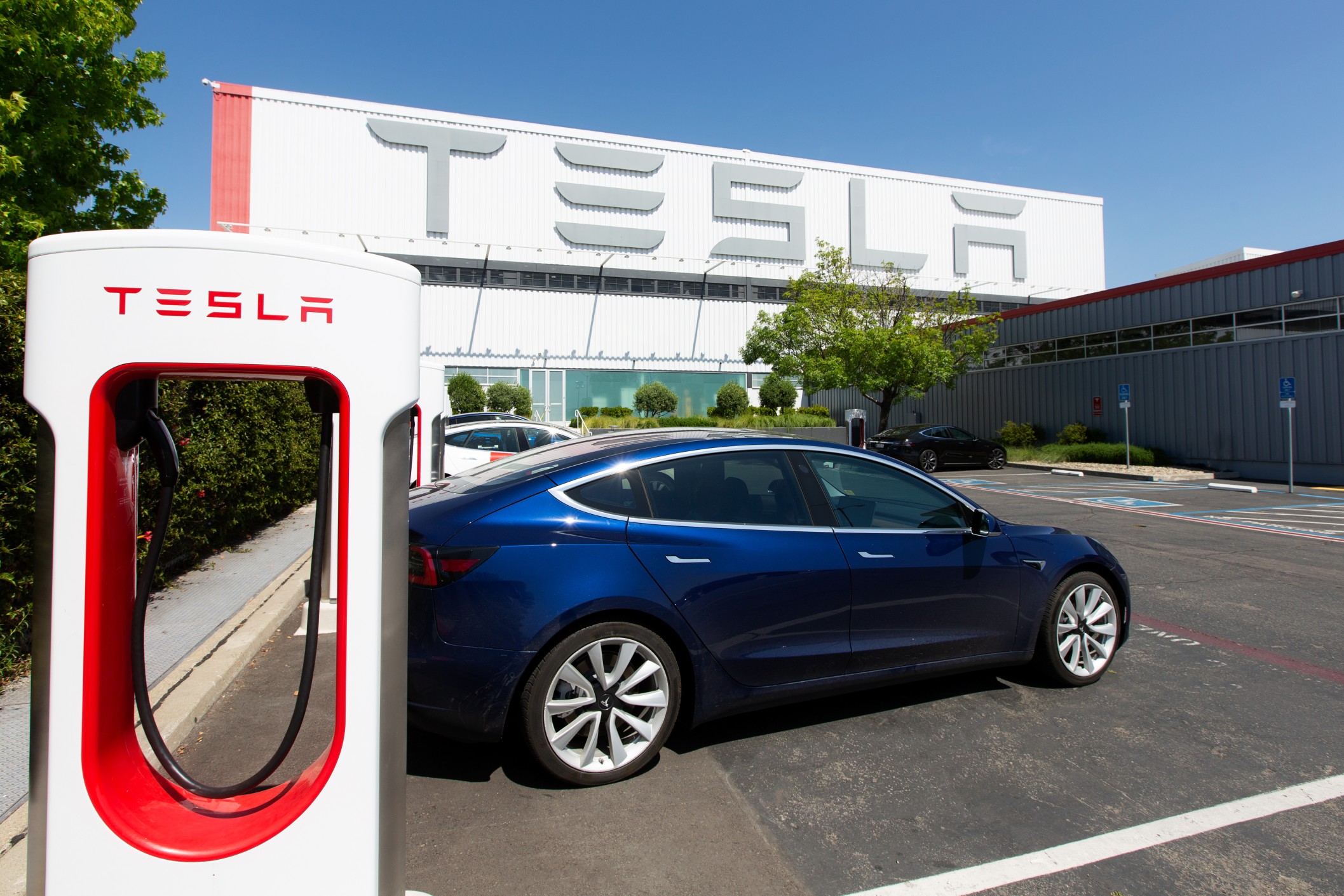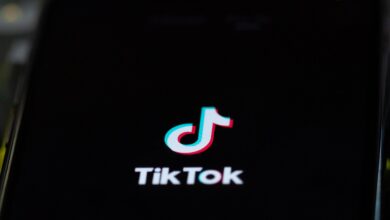A
A
A
Tesla is recalling more than 40,000 vehicles because of potential steering problems. Of the 40,000 vehicles, though, only one percent or about 400 are actually estimated to have the problem. Affected vehicles may experience a reduction in steering assist or a complete loss of power steering.
In some cases, this could result in a crash. This is because vehicles become much harder to steer without power steering, especially at lower speeds.
Read More »
Tesla Models Being Recalled
The Tesla recall is voluntary and affects vehicle Models S and X that were manufactured between 2017 and 2021. The recall notice was published by the National Highway Traffic Safety Administration (NHTSA) on November 1, 2022. Specific manufacturing dates listed on the recall notice are August 16, 2017 – December 28, 2020, for the Tesla Model S and August 20, 2017 – December 27, 2020, for the Tesla Model X. No VIN numbers were listed on the recall notice.
Firmware Change That Caused the Original Steering Problem
The steering problem can be traced back to a firmware change that was first made by Tesla on October 11, 2022. The purpose of the firmware change was to update certain calibration values used by the power steering system, which Tesla refers to as their electronic power assist steering (EPAS) system. The particular firmware releases were 2022.36 to 2022.36.4 inclusive.
Power Steering Alerts
Tesla’s diagnostic systems provide visible and audible driver alerts whenever the power steering isn’t working properly. Subsequent to the firmware changes that were made in early October of 2022, Tesla began to experience an increase in the number of alerts that were being received. In the United States between October 11, 2022, and November 1, 2022, Tesla identified 314 alerts that may be related to the power steering issues referenced in the recall notice.
Problems with the Original Firmware Change
It seems that the early October, 2022, firmware changes resulted in more sensitivity to road defects like potholes and rough surfaces. This additional sensitivity was misinterpreted as additional steering torque and caused vehicles with updated firmware to either partially or fully lose their power steering whenever such road conditions were encountered. Although the loss of power assist makes vehicles harder to steer and could result in a crash, Tesla reports that it is not aware of any injuries or deaths related to the issue.
What Is Being Done to Fix the Steering Problem?
To fix the steering problem, Tesla issued a follow-up firmware change that rolled calibration values back to their pre-October 11 levels. Tesla began making these changes on October 19, 2022, and by November 1, 2022, the changes had been made to more than 97 percent of affected vehicles. Tesla stated in the safety recall report that it planned to notify all Tesla stores and service centers of the problem by November 3, 2022, and all owners of affected vehicles by December 31, 2022.
How the Firmware Fix is Being Accomplished
Tesla is providing the firmware fix free of charge. Owners are not required to bring their vehicles into a service center because Tesla is implementing the firmware fix remotely. No Tesla models other than the ones listed above are affected by this recall.
Previous Tesla Recalls
Tesla has been plagued with numerous recalls in the past. During 2022, Tesla issued 17 recalls that affected more than three million vehicle owners. Previous recalls include such things as trunk defects, failed touchscreens and defective rearview mirrors. Tesla CEO Elon Musk has defended the automaker, saying that it is committed to safety and goes beyond what regulators require. Musk also objects to the term “recall” because he says that most fixes can be done remotely without a physical trip to the shop. Elon Musk is the richest person in the world. His net worth is valued at approximately $200 billion.
About Tesla
Tesla is a clean energy company and a manufacturer of electric vehicles headquartered in Austin, Texas. It was founded in 2003 and began producing electric vehicles in 2009. Tesla employs more than 70,000 people and has a market capitalization that exceeds $600 billion. In addition to electric vehicles, Tesla also produces a variety of solar energy products, such as solar cells. It also supplies battery energy storage systems through its subsidiary, Tesla Energy.






